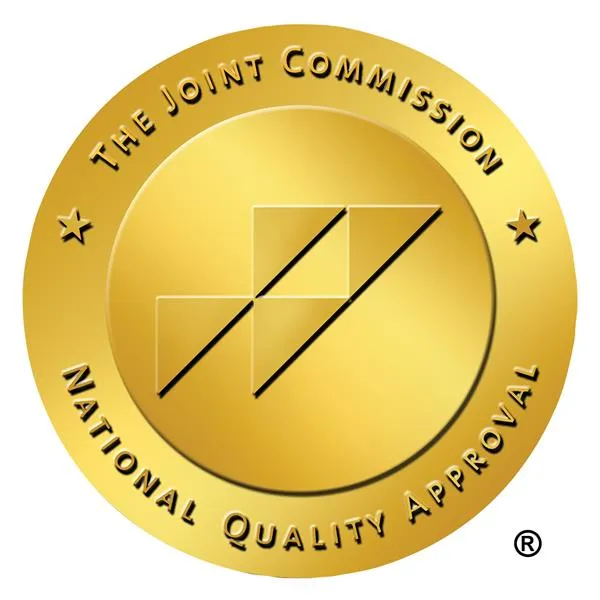As the world endures the far-reaching impacts of climate change, people across the globe are recognizing the urgent need to adopt eco-friendly practices. The World Health Organization (WHO) has emphasized the critical link between climate change and global health, urging action to mitigate its effects.
“The evidence is overwhelming: climate change endangers human health. Solutions exist and we need to act decisively to change this trajectory.”— Dr Margaret Chan, WHO Director-General 2006 – 2017
Like everybody else, travel nurses, who frequently move from one assignment to another, can integrate eco-friendly practices into their work. By adopting simple yet impactful strategies, they can minimize their environmental footprint and contribute to a healthier planet.
The World Health Organization (WHO) has underscored the importance of addressing climate change, emphasizing its profound impact on human health. According to WHO, climate change is considered “the greatest threat to global health in the 21st century,” and urgent action is needed to protect our health from its effects. As frontline healthcare providers, travel nurses are in a prime position to promote sustainability and environmental stewardship within the healthcare industry.
We list some important eco-friendly practices that travel nurses can easily adopt and integrate into their day-to-day lives:
Waste reduction and conservation
One of the most significant areas where travel nurses can make a difference is in waste reduction and conservation. According to a report by the Lancet Countdown, healthcare’s emissions have increased to 2.7 Gt CO2 equivalent, accounting for 5.2% of global emissions.
Mindful consumption and disposal habits can significantly decrease the amount of waste generated during assignments. Simple practices, such as avoiding the use of unnecessary non-sterile gloves and opting for reusable cups and water bottles, can lead to substantial reductions in plastic waste.
Additionally, by embracing sustainable procurement practices and participating in initiatives to reuse and recycle medical supplies, travel nurses can help minimize the environmental impact of healthcare operations.
Sustainable transportation
Transportation represents another critical aspect of sustainability for travel nurses. According to the Transportation Department at UCLA, over 90% of fuel used for transportation is still petroleum-based, which heavily contributes to greenhouse gas emissions.
Travel nurses can minimize their carbon footprint by choosing eco-friendly modes of transportation. Opting for public transit, walking, biking, or carpooling whenever possible can help reduce reliance on fossil fuels and promote a healthier environment.
Travel nurses who need to drive long distances between assignments can explore greener travel options such as electric vehicles to further reduce their environmental impact in the long run.
Eco-friendly accommodations, choices, and activities
Travel nurses can also choose eco-friendly accommodations and lifestyle choices during their assignments. Choosing accommodations with green certifications and energy-efficient amenities can support businesses that prioritize sustainability. Likewise, travel nurses can also choose to patronize locally sourced food and goods, which helps preserve greenspaces and farmlands and supports local economies.
Aside from these, travel nurses can also engage in fun activities that minimize environmental impact, such as hiking, gardening, biking, camping, and taking pets out on a nice walk, which can further align their lifestyle with eco-conscious principles.
By incorporating simple yet effective strategies such as waste reduction, sustainable transportation, and mindful lifestyle choices, travel nurses can help promote and champion sustainability within the healthcare industry. As advocates for both patient care and environmental stewardship, travel nurses have the opportunity to lead by example and inspire positive change for a healthier planet and future.

